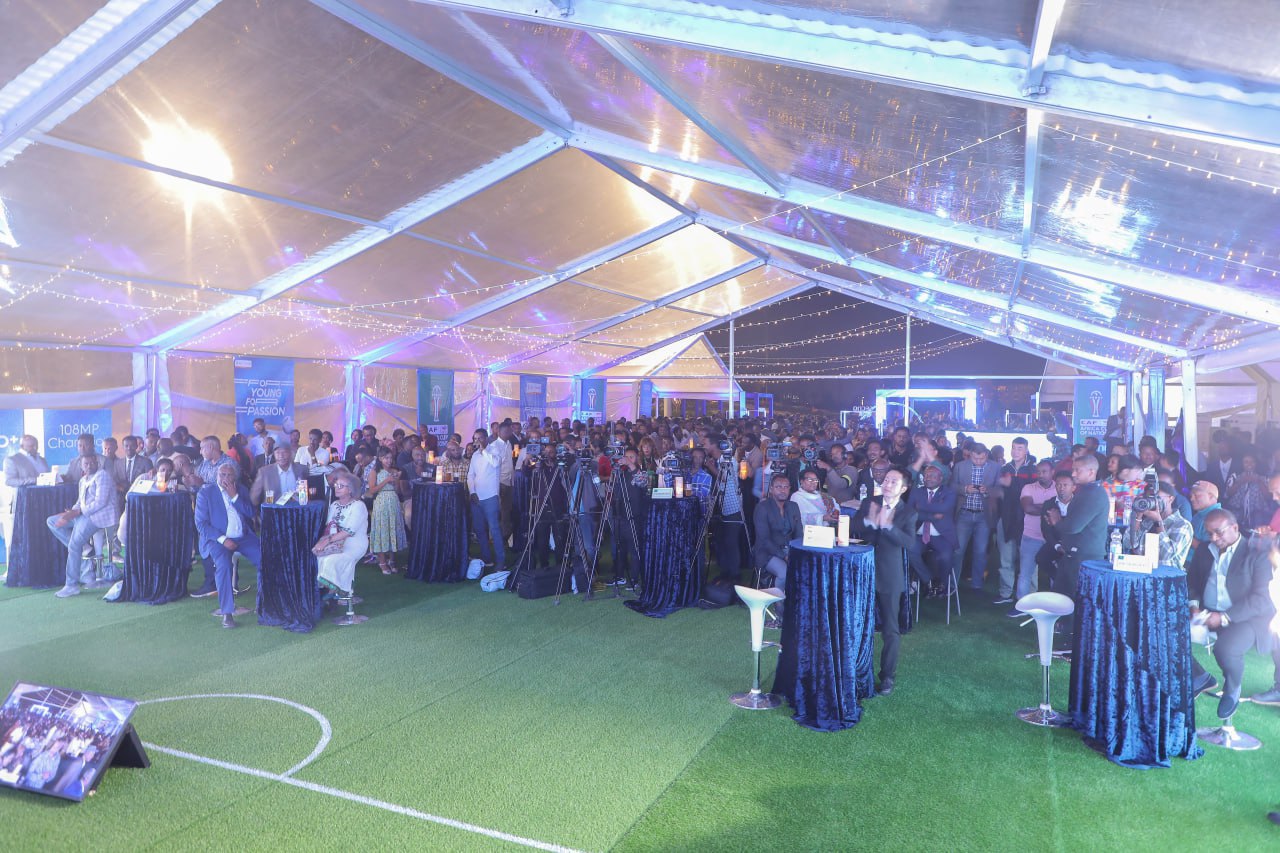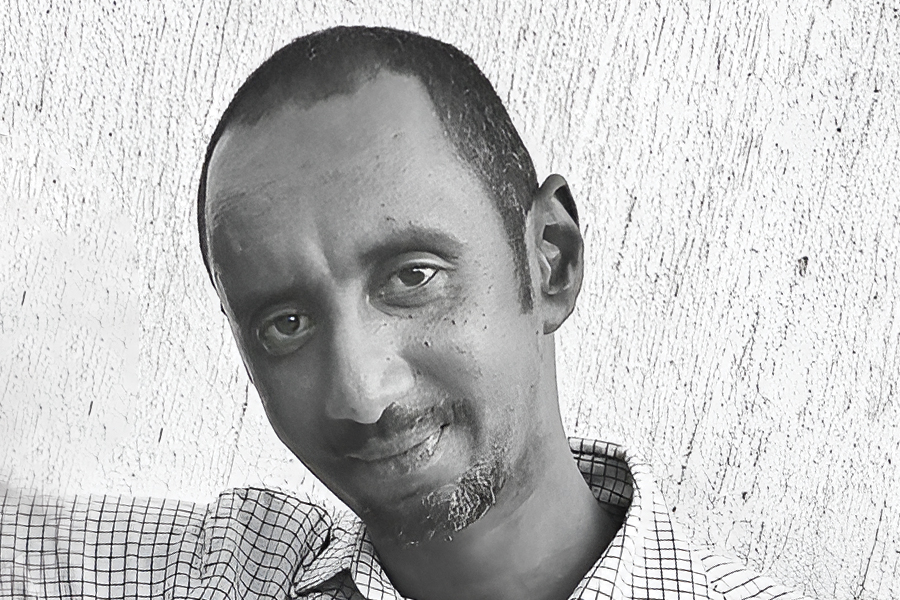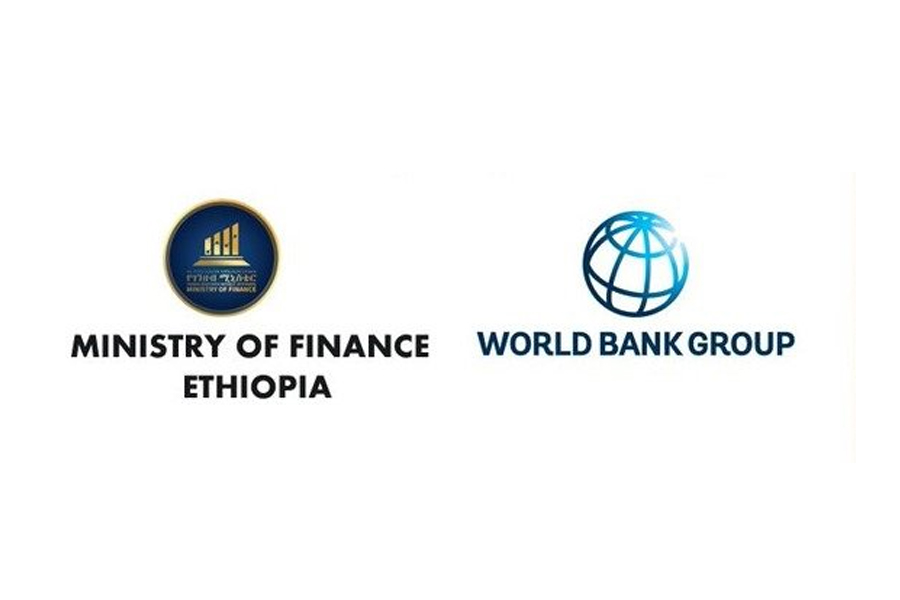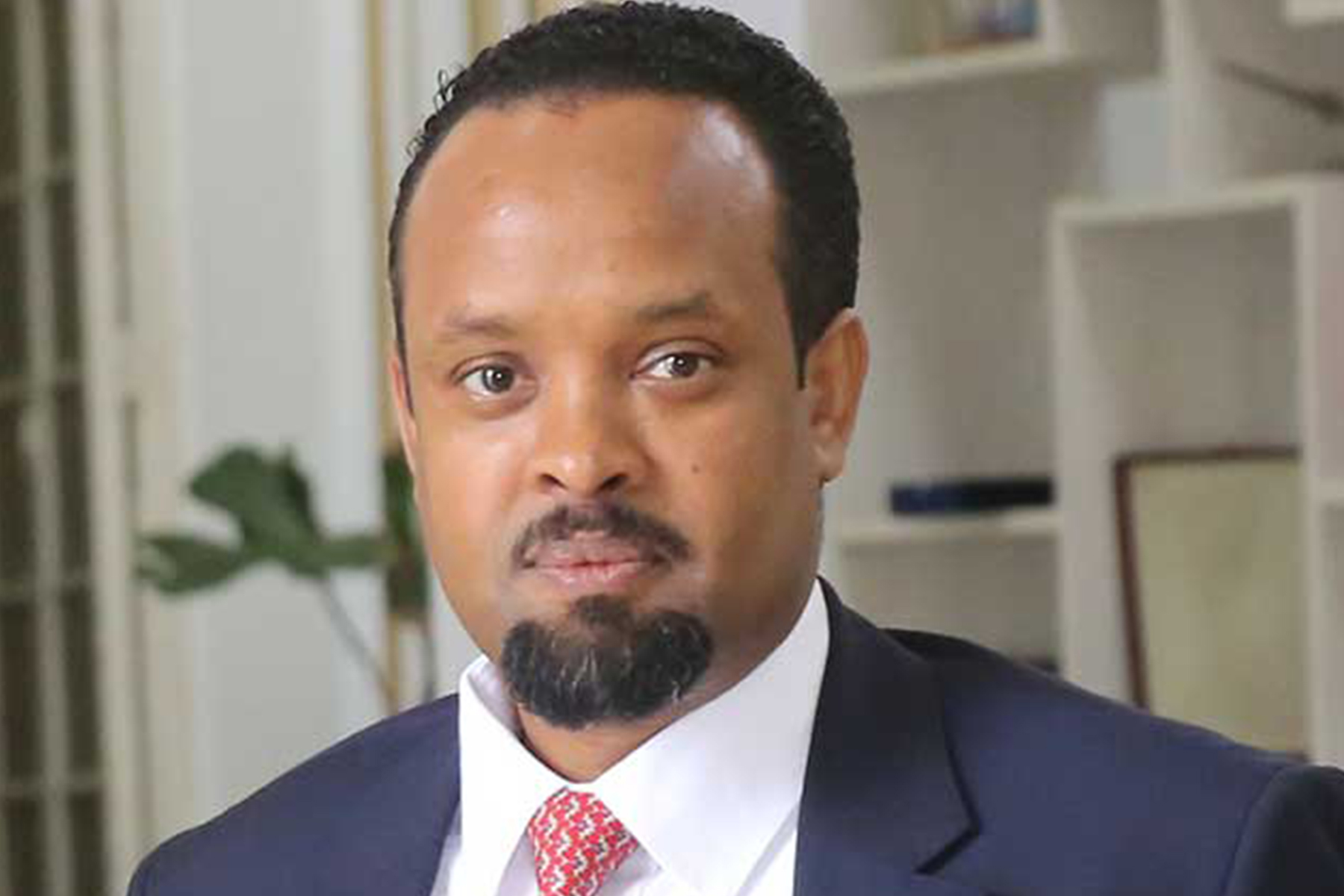
Advertorials | Jan 22,2024
Aug 29 , 2020
By HAGOS GEBREAMLAK ( FORTUNE STAFF WRITER )
The newly established government agency to oversee the construction of irrigation dams has kicked off a feasibility study and design process for the construction of 22 new medium and large irrigation dams across seven regional states at a total cost of 255 million Br.
The Irrigation Development Commission hired local companies that will conduct analysis on the projects' economic, technical, legal and scheduling considerations before launching the construction of the dams. The companies hired for the feasibility study will also do preliminary and detailed engineering design of the dams.
The projects are located in the Oromia, Amhara, Somali and Southern, Nations, Nationalities & People's, Tigray, Gambela, Benishangul-Gumuz and Somali regional states. The construction of one-third of the projects is planned to be kicked off this fiscal year since the study, design and review process is scheduled to be concluded this year. The remaining projects are set to be launched in the coming year.
The feasibility study and design of seven projects have been completed, and design review is expected to be finalised by December 2020. Megech, Gilgel Abay, Jemma, Bilate, Dabus, Gololcha and Gelana are the sites where projects are expected to begin this fiscal year. Oromia Water Works Design & Supervision Enterprise, the Ethiopian Construction Design & Supervision Works Corporation and the Amhara Design Supervision Works Enterprise are reviewing the design of the projects.
The pre-construction phase for another seven projects that were started last fiscal year is still at an early stage, currently 20pc to 44pc complete. The design and review process is expected to be completed this fiscal year.
Terkan Irrigation Dam was awarded to Tigray Water Works Design & Supervision Enterprise; Mille and Abat Beles to Amhara Design & Supervision Enterprise; and Gilo and Sego to South Design, Construction & Supervision Enterprise. Borana and Shebelle were also awarded to the Ethiopian Construction Design & Supervision Works Corporation. All the companies secured the projects through a bidding process.
The Commission is in the process of hiring companies that will conduct feasibility studies, create designs and complete reviews of the remaining eight dams, which will be built on Shinfa, Angereb, Weyto, Shife, Marmora, Lower Genalle, Weyb and Buldeho rivers.
Once the design of the projects are reviewed, the Commission will then announce bids to hire construction companies, according to Bizuneh Tolcha, communications director at the Commission.
In the last fiscal year, the Commission allocated 14.3 billion Br for the construction of irrigation dams across the country. This year, it plans to construct 14 irrigation dams for 14.7 billion Br, four of which have already been awarded to contractors.
The projects are expected to effectively utilise the water resources of the country to help the agricultural sector, according to Bizuneh.
"In addition to generating foreign currency from exports, reducing poverty and creating employment," said Bizuneh, "the projects are intended to ensure food security, agro-industrial inputs production and import-substitution."
The Commission anticipates these irrigation projects will increase the agricultural productivity of the country by two to three percent.
Ethiopia has 12 river basins with an annual runoff volume of 122 billion square metres of water and an estimated 2.6 billion square metres of groundwater potential. However, the total irrigated area is less than eight percent of the 15 million hectares of cultivated land and only about 20pc of the estimated 5.8 million to 7.5 million hectares of irrigable land.
The projects will be very significant to the country, according to Shimelis Berhan (PhD), assistant professor of Agricultural Engineering at Haramaya Institute of Technology.
"The country hasn't been using its water and land resources effectively," said the expert, who recommends that the Commission and its stakeholders conduct land and crop suitability studies beforehand.
The government should also focus on conservation and reforestation by creating buffer zones such as trees and grass around the edges of rivers, according to Shimelis.
"The country is facing a serious problem of land degradation due to soil erosion," he said.
Shortages of irrigation technology and technical knowledge, limited experience in design, construction and supervision of irrigation projects, low productivity of existing irrigation schemes, and the poor economic backgrounds of landholders should also be areas of focus, recommended Shimelis.
PUBLISHED ON
Aug 29,2020 [ VOL
21 , NO
1061]

Advertorials | Jan 22,2024

Obituary | Nov 09,2024

Radar | Oct 05,2024

Radar | May 27,2023

Radar | Apr 08,2024

Dec 22 , 2024 . By TIZITA SHEWAFERAW
Charged with transforming colossal state-owned enterprises into modern and competitiv...

Aug 18 , 2024 . By AKSAH ITALO
Although predictable Yonas Zerihun's job in the ride-hailing service is not immune to...

Jul 28 , 2024 . By TIZITA SHEWAFERAW
Unhabitual, perhaps too many, Samuel Gebreyohannes, 38, used to occasionally enjoy a couple of beers at breakfast. However, he recently swit...

Jul 13 , 2024 . By AKSAH ITALO
Investors who rely on tractors, trucks, and field vehicles for commuting, transporting commodities, and f...

Oct 11 , 2025
Ladislas Farago, a roving Associated Press (AP) correspondent, arrived in Ethiopia in...

Oct 4 , 2025
Eyob Tekalegn (PhD) had been in the Governor's chair for only weeks when, on Septembe...

Sep 27 , 2025
Four years into an experiment with “shock therapy” in education, the national moo...

Sep 20 , 2025
Getachew Reda's return to the national stage was always going to stir attention. Once...